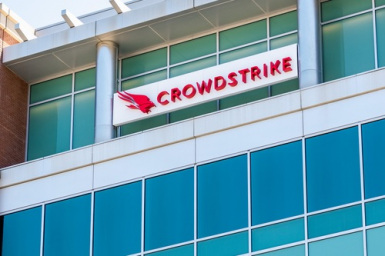
A recent Aon webinar polled more than 500 attendees from the UK and across the rest of Europe, ranging from small and medium-sized enterprises (SMEs) to large global organisations, and in different industries, including the public sector.
The webinar was dedicated to learnings from the global CrowdStrike event on 19 July and looked at the event’s implications for the interconnected and dynamic risks associated with technology, cyber security, and people issues.
The session featured an expert panel reflecting on how businesses can better position themselves to manage similar future threats.
Key results from polling conducted on the webinar included:
- 62 percent of organisations have been directly or indirectly impacted by the global CrowdStrike IT outage.
- While 83 percent of attendees reported that their organisation has an incident response plan in place, 24 percent said these plans underperformed or only partially performed.
- 39 percent highlighted vulnerability to a data breach or cyber-attack. That said, there is an increased risk for everyone as opportunistic cyber criminals could take advantage of an event.
- 54 percent said they expect this disruption to last 1 – 2 days. However, the potential knock-on effects of the outage may be realised over a period of months, thus highlighting the importance of checking the claim period covered in any insurance policies.
Jane Kielty, CEO of Aon UK, said, “The recent global CrowdStrike event underscores the need for preparedness and proactivity that can ensure organisations are in the best position to respond to worst-case scenarios. Every day our clients tell us it’s becoming harder to keep ahead of these events and to make the right decisions if they occur.
“We’ve identified technology as one of four interconnected megatrends driving this complexity and volatility. While technology has created growth opportunities, it has also exposed companies to new and evolving risks. The responses to polling on our webinar highlight the necessity for businesses to adopt proactive strategies to navigate the implications both of this particular incident, but also to be sufficiently guarded against any future disruptions.”

